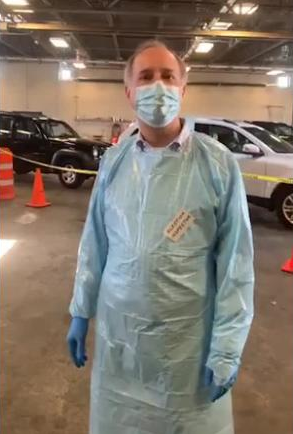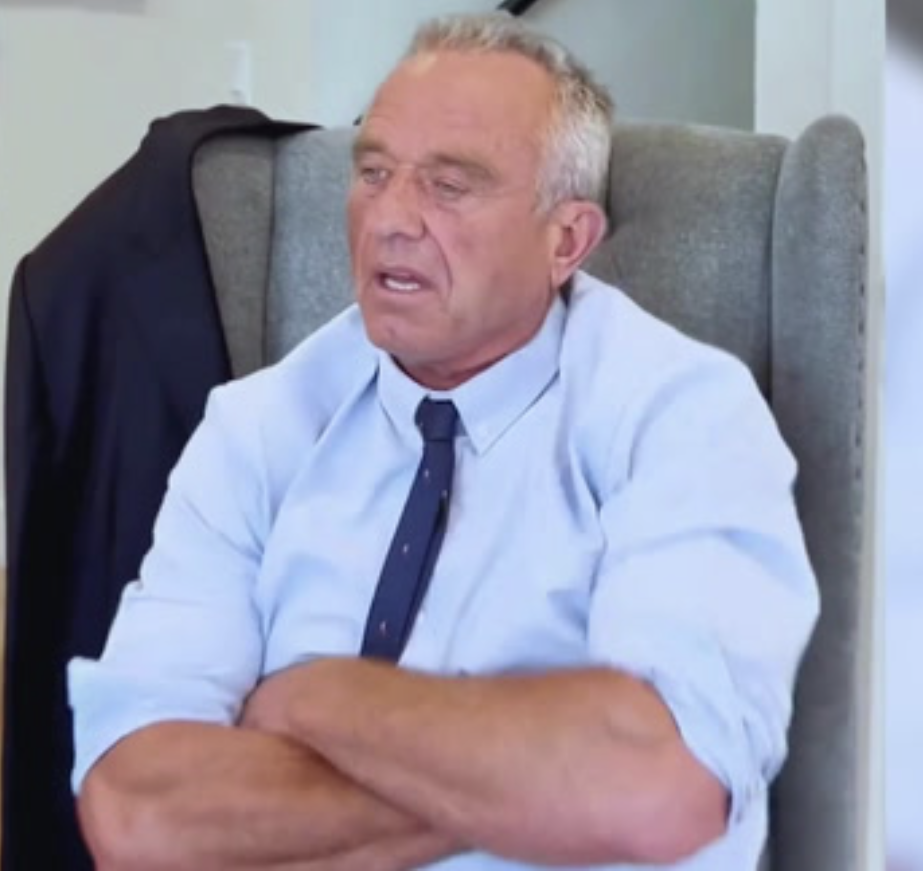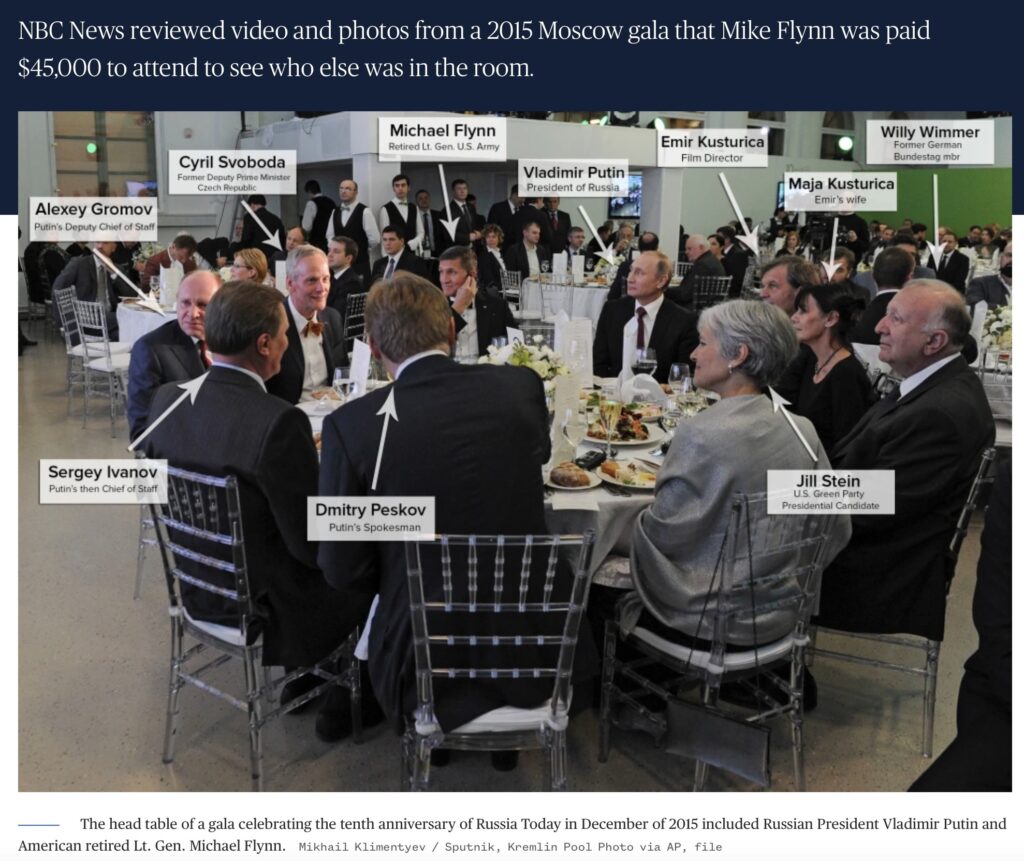Good morning.

Sunday in Whitewater will be cloudy with a high of 42. Sunrise is 7:25 and sunset is 4:29, for 9 hours, 4 minutes of daytime. The moon is a waning crescent with 2 percent of its visible disk illuminated.
On this day in 1845, the United States annexes the Republic of Texas and admits it as the 28th state.
When lawmakers use public funds wastefully, taxpayers bear those costs. The costs send a signal to those taxpayers that the public deserves greater frugality from lawmakers. The waste is unfortunate; the signal to taxpayers, however, acts as a call for scrutiny over those lawmakers. When lawmakers violate the law, and private parties sue successfully over those violations, the public cost of that litigation sends a message to taxpayers that their public representatives have burdened them once again (and so should be replaced).
Speaker Robin Vos, however, does not want the WISGOP Legislature’s failures to reach taxpayers. No and no again: Vos has wasted money, and the public should feel that he has; Vos’s position has lost in the courts, and the public should feel that he’s lost.
Predictably, Vos is trying to avoid the price of his own violations of the law:
A three-member Wisconsin appeals court has awarded $241,000 in legal fees and costs to the liberal group American Oversight in two open records lawsuits it brought against Assembly Speaker Robin Vos over the investigation he ordered into the 2020 presidential election.
The Waukesha-based District II Court of Appeals rejected Vos’ efforts to reverse Dane County Circuit Court decisions ordering the state to pick up $143,211 in legal fees for one American Oversight case and $98,000 for a second one. The rulings make clear the costs will ultimately be paid by taxpayers.
….
The three appellate judges reviewing the public records cases were two conservatives — Mark Gundrum and Maria Lazar — and one liberal, Lisa Neubauer.
See Daniel Bice, Appeals Court upholds $241,000 in legal fees to liberal group over Gableman records, Milwaukee Journal Sentinel, December 27, 2024.
If the public doesn’t want to bear these costs, then the public needs a better majority, and a better speaker. Vos is a below-average steward of public funds and if the public wants Vos, well, it’s going to be more expensive than it would be with a competent Assembly speaker.

(Imagine being someone — in Whitewater, let’s say — who thought that a call from Vos was a sign of importance and influence. Honest to goodness, someone who thought that would be a ridiculous person. A call from Vos? Even the receptionist shouldn’t have to take that call, and it would be a burden merely to retrieve his message from voicemail.)
See also from FREE WHITEWATER an entire category dedicated to Robin Vos. It’s a years-long account of his serial failures. (Best not to read near mealtime.)
One eco-friendly way to recycle Christmas trees — feed them to goats:




